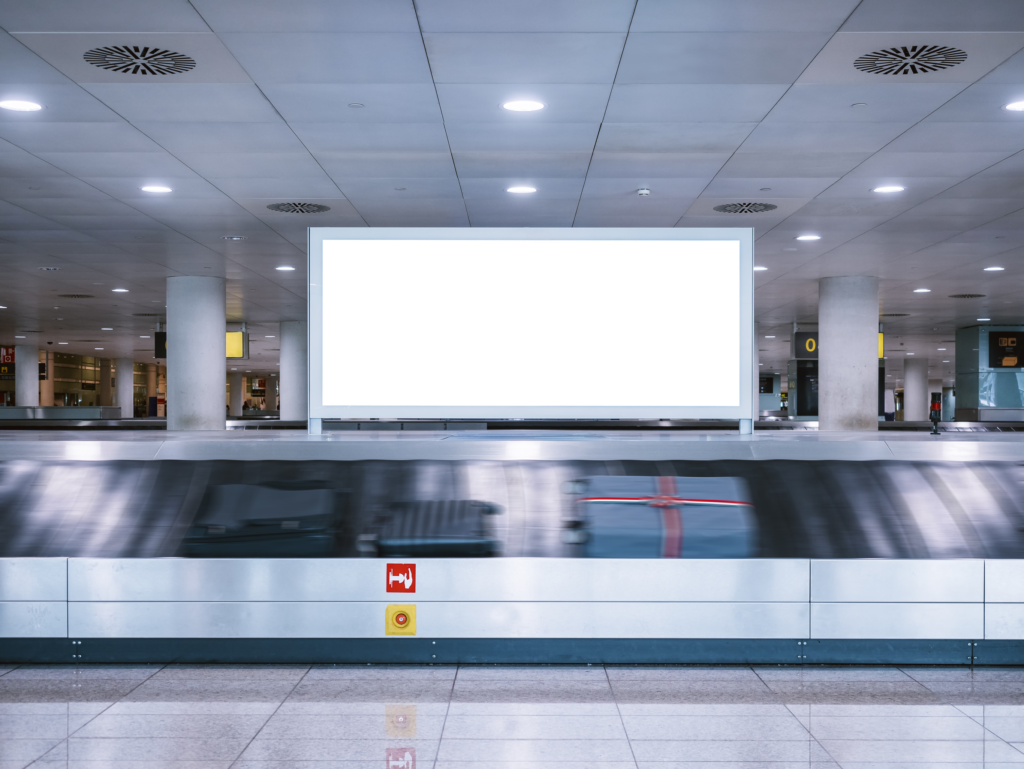Here’s why travel brands should think twice before cutting their marketing spend – Travel Weekly

|
Getting your Trinity Audio player ready...
|
SOURCE: Huntley Mitchell | Travel Weekly
With all the doom and gloom engulfing the travel industry right now, some brands may think it is wise to pull their advertising until things die down.
However, such a knee-jerk reaction may actually be more harmful than helpful to a company’s recovery from the COVID-19 outbreak.
A recent Facebook presentation titled ‘Fighting against COVID-19’ notes that while the travel sector has been hit hard by the COVID-19 outbreak, consumers are still willing to spend if the industry encourages it through promotions and deals.
The presentation warned against removing all ads, and recommended reprioritising marketing channels during the outbreak, as well as planning a “bounce-back consumer consumption” campaign in advance to quickly pick up ad spending post-outbreak.
While the travel sector has been hit hard by the COVID-19 outbreak, consumers are still willing to spend if the industry encourages it through promotions and deals.
Furthermore, two studies from Cornell University found it wasn’t a good idea for hotels to cut their marketing budget during times of economic crisis.
The author of the first study, conducted by Sherri Kimes in 2009, looked at tactics for hotels to survive an economic downturn, and surveyed 900 respondents from around the world.
Writing on her blog in February about how hotels can survive the COVID-19 outbreak, Kimes said her research provided “some very insightful comments that are as true today as they were 10 years ago”.
Kimes noted one of the key lessons for hotels from the study was to avoid cutting their marketing budget.
“Respondents discussed the need to keep current guests and to develop packages and promotions that both attracted current and potential guests,” she wrote.
“If you cut your marketing budget, this won’t be possible.”
If you cut your marketing budget, this won’t be possible.
The other study from Cornell, published in 2015, looked at the positive impact of marketing expenditure on the performance of hotels during the Great Recession.
In particular, the research findings highlighted the importance of personal sales efforts, including promotions, familiarisation trips, trade shows, and the training of sales personnel, personal sales visits to clients, and use of outside sales representatives to help hotels thrive in a recession.
This data led to the conclusion that hotel companies that invest in marketing, especially in tough times, “can achieve a payoff via various revenue drivers” and “will realise gains beyond just the short term”.
So, before you go scrapping all of your advertising, consider the above and remind yourself that the way brands deal with the COVID-19 crisis now will likely influence future customer habits.

